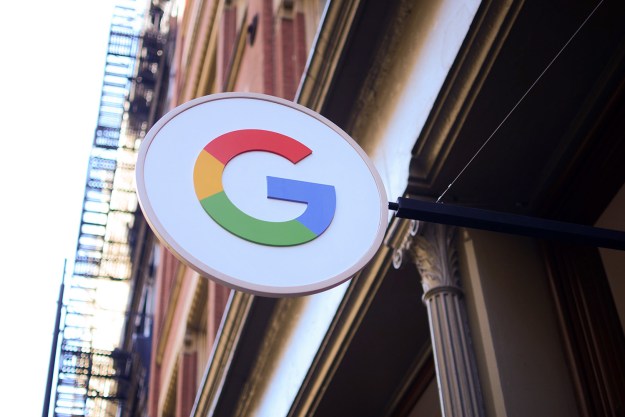Many of the world’s top tech companies have been striving to reach 100-percent renewable energy usage for their international operations. After making a promise in 2016 to offset 100 percent of its electricity consumption, Google has achieved that goal. On Wednesday, April 4, Urs Hölzle, Google’s senior vice president, Technical Infrastructure, announced that the company had officially purchased enough renewable energy in order to offset — or match — the total amount of electricity the company consumed across 2017. “Google’s total purchase of energy from sources like wind and solar exceeded the amount of electricity used by our operations around the world, including offices and data centers,” Hölzle noted.
The achievement of this impressive feat meant that for every kilowatt hour of electricity the company used, Google also purchased a kilowatt hour of renewable energy from either a wind or solar farm. As of today, the tech giant is planning to purchase an impressive three gigawatts of output from various renewable energy sources, an amount that is unmatched by any other corporate purchaser. And while that’s a huge amount of energy, Google is, needless to say, a huge company.
Like many other big tech firms, Google has a lot of data to handle, which is why it has 13 large warehouses full of servers all over the world. They host everything from Gmail emails to YouTube videos and Play Store content. But all of those servers require power and their vast cooling systems required do, too.
“Our ultimate goal is to create a world where everyone — not just Google — has access to clean energy,” wrote Hölzle wrote back in 2016. And now, the company has taken a pretty major step toward achieving that goal.
To be fair, we should point out that this accomplishment by no means indicates that Google is running off of 100 percent renewable energy. Rather, to counter much-needed ‘dirty’ energy purchases in parts of the world where green power is less accessible, Google is buying up renewable energy and then filtering the excess back into the grid.
Still, this trade-off is genuinely good for the environment. It increases the amount of green energy that is required by the world’s grids and therefore signals there is more money to be made in providing it. That, in turn, drives prices down as competition increases and innovation is encouraged.
In the long term, too, Google says it does plan to quite literally power its entire operation with renewable sources. To do that, it hopes to encourage investment and development of renewable energy in the areas where it operates its major data centers and offices.
The company has also made big improvements in the efficiency of the hardware it uses, partly through upgrades to more efficient modern hardware but also through restructuring its own business and how it moves data around. Part of that will involve machine learning, which is also helping it streamline operations. Google suggests it may make those algorithms public in the future so other businesses can improve their energy efficiency in a similar manner.
Update: Google successfully offset 100 percent of its electricity usage in 2017.
Editors' Recommendations
- Google’s new Bard AI may be powerful enough to make ChatGPT worry — and it’s already here
- Google chooses Samsung over Qualcomm to make the Pixel 6 5G modem
- Google shows off its amazing new Quantum A.I. Campus
- Google enforces its 30% tax for app makers who want to sell on the Play Store
- Google’s own employees were confused by its privacy controls, lawsuit docs show




